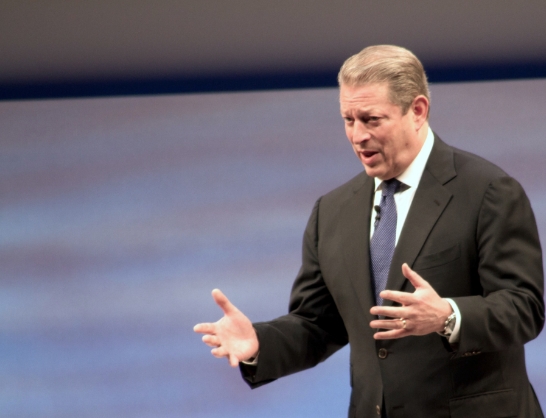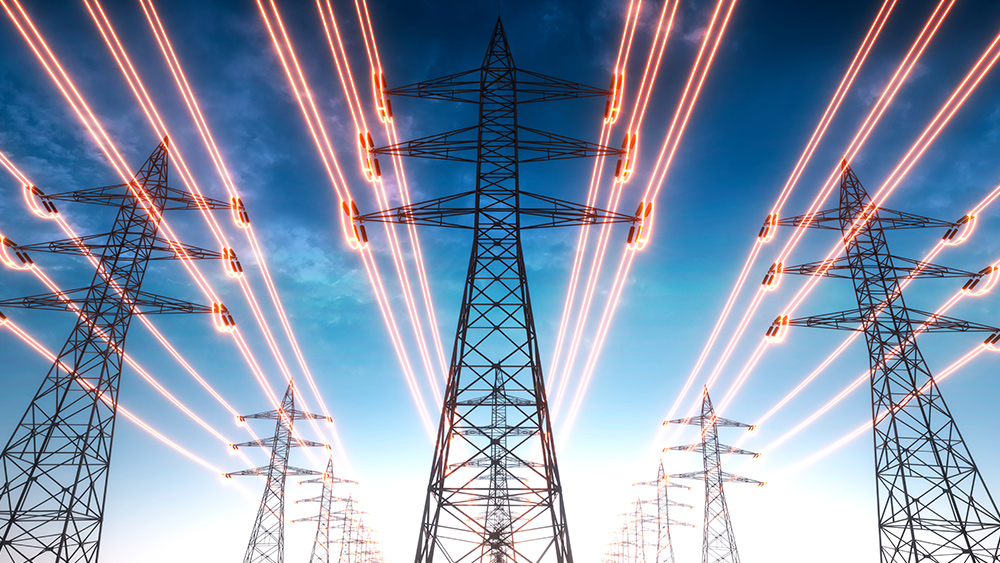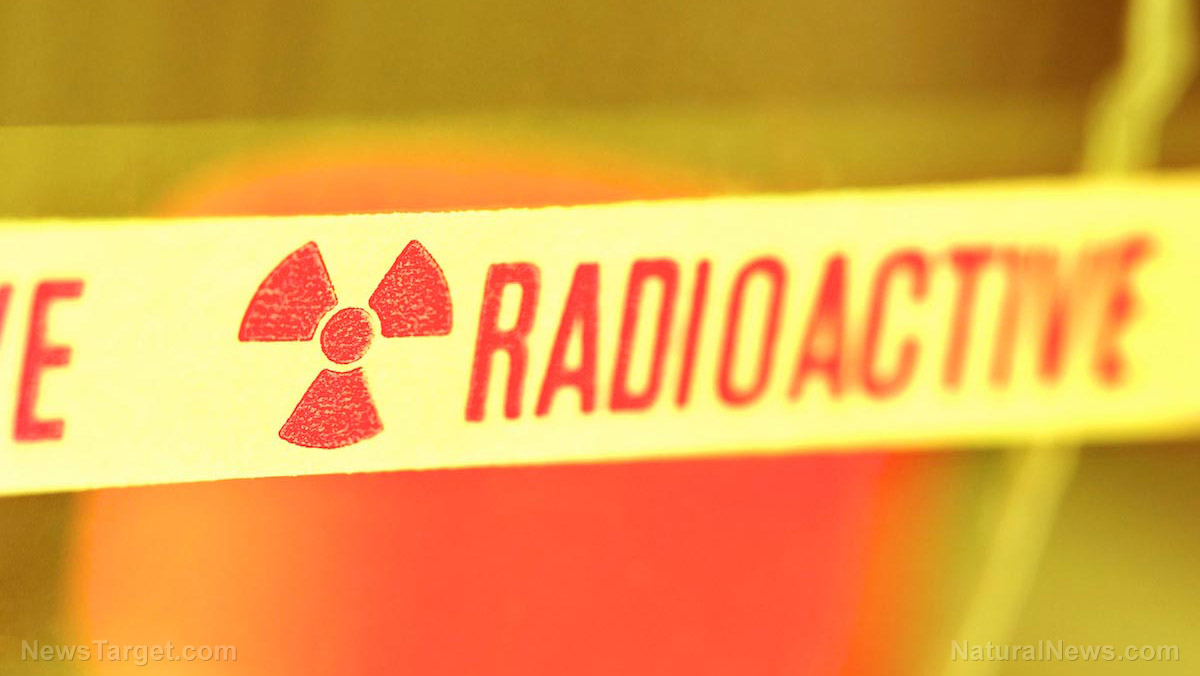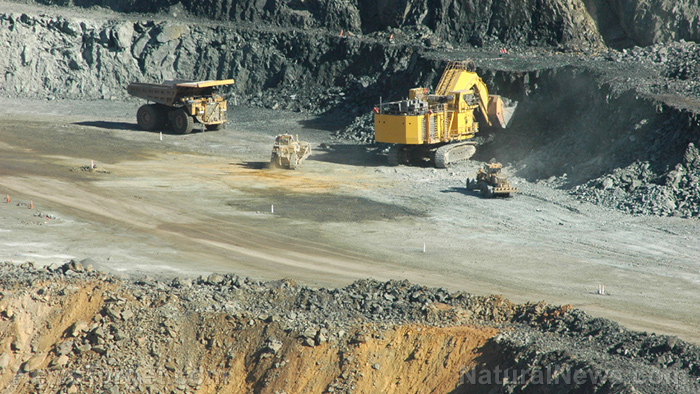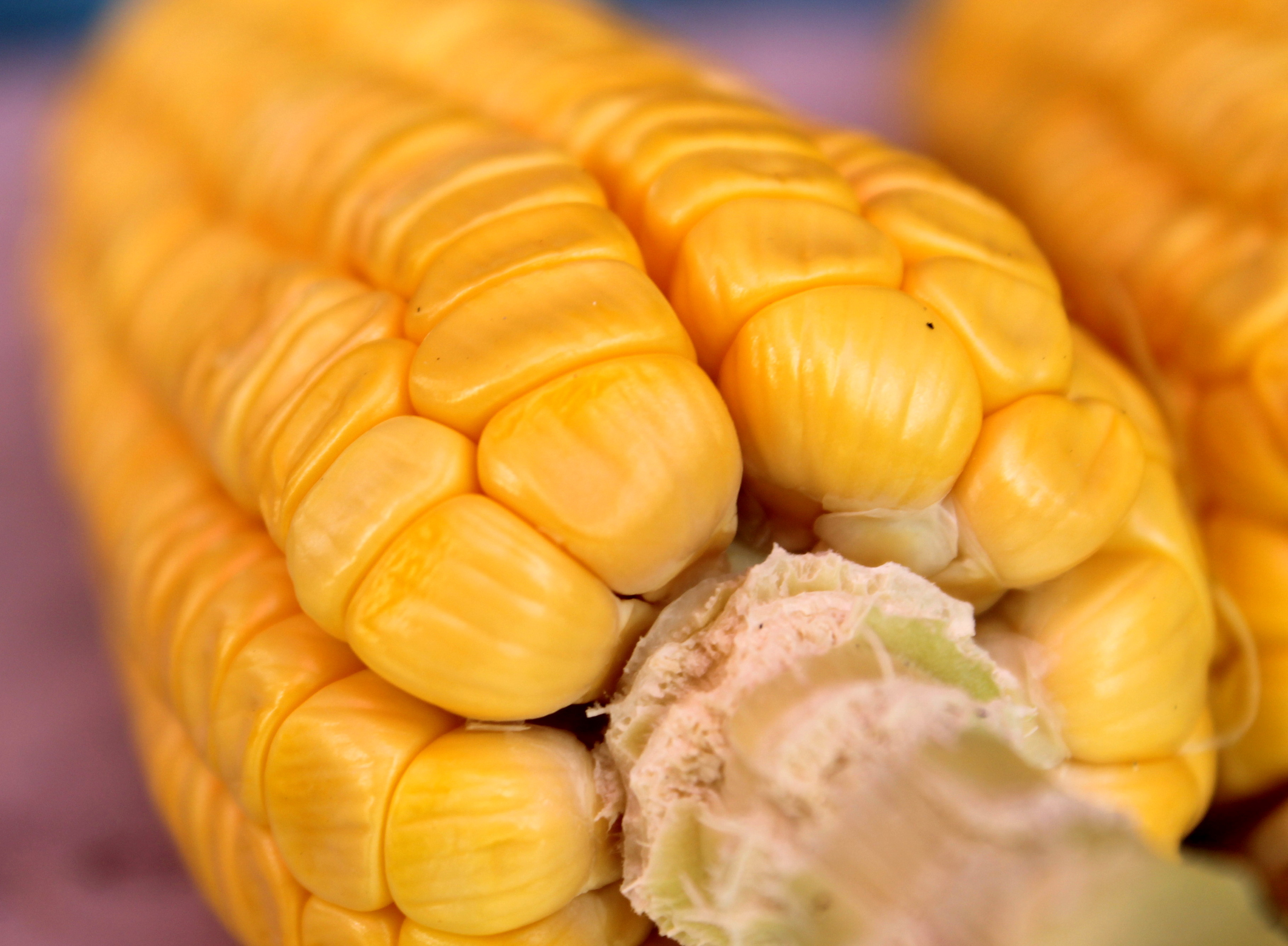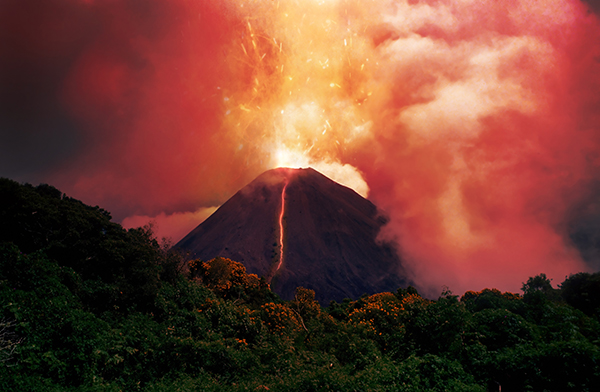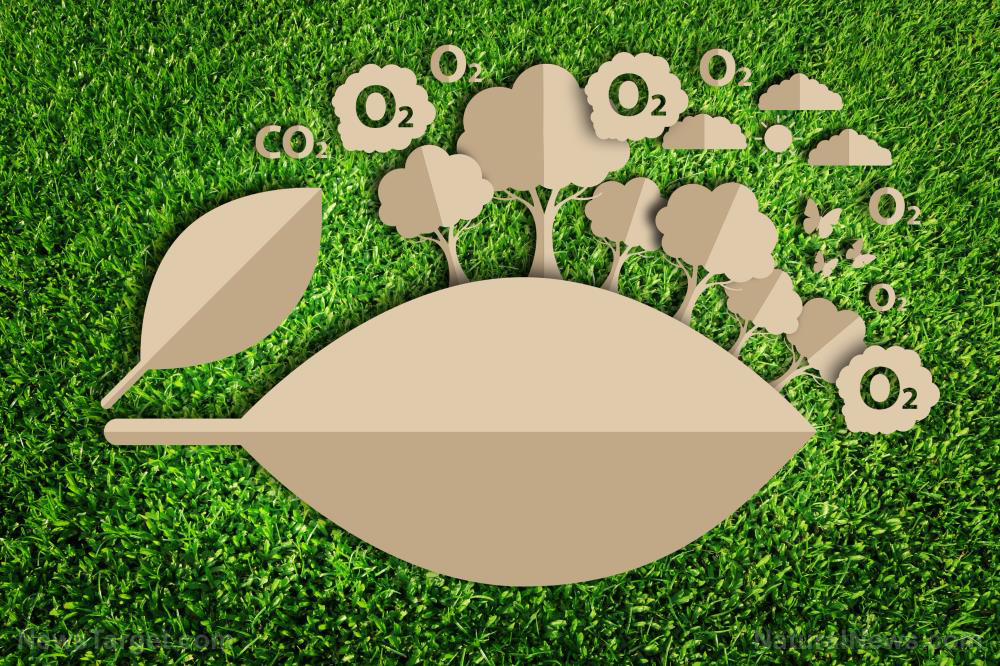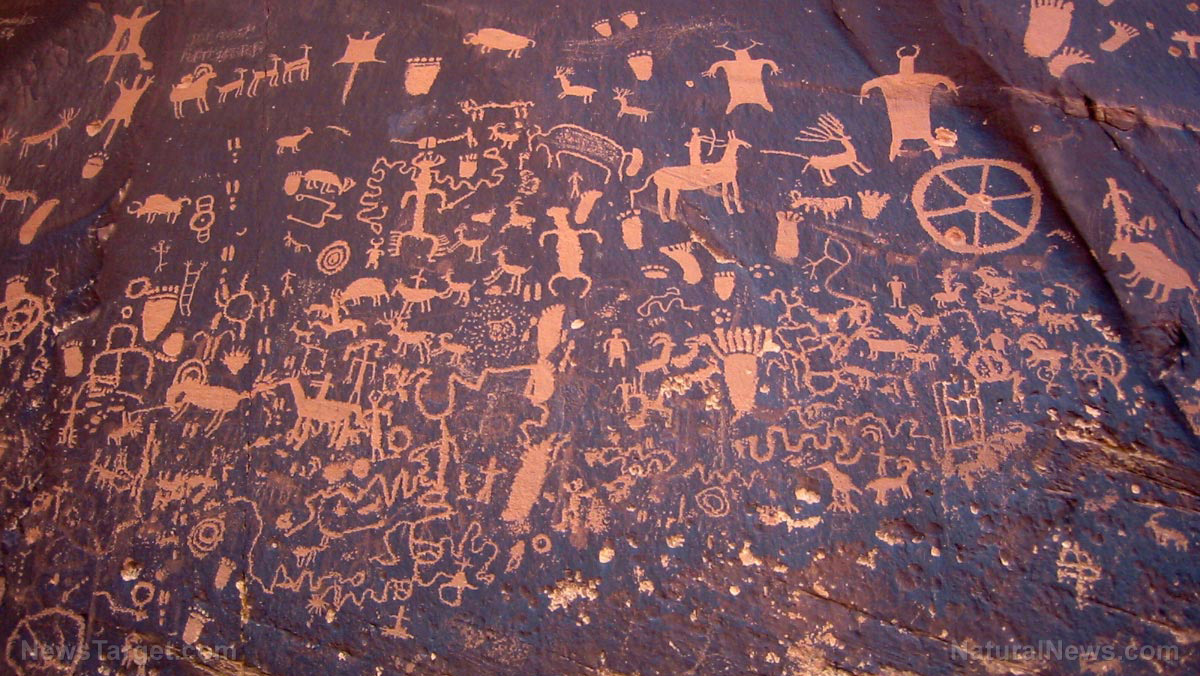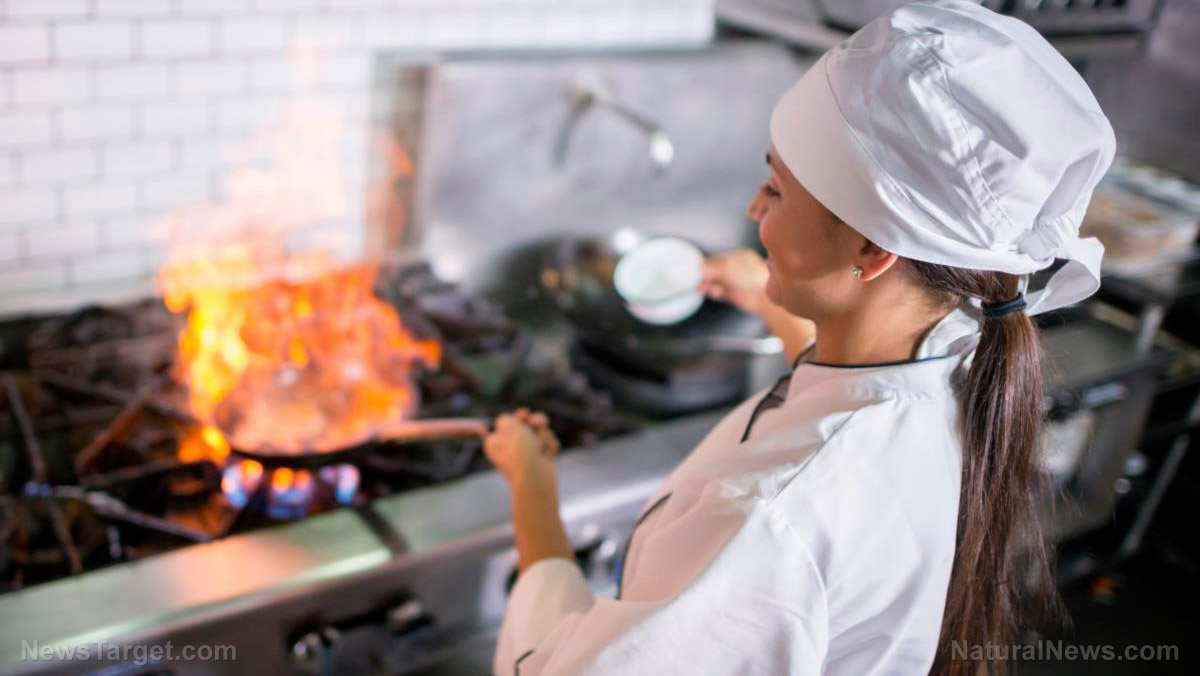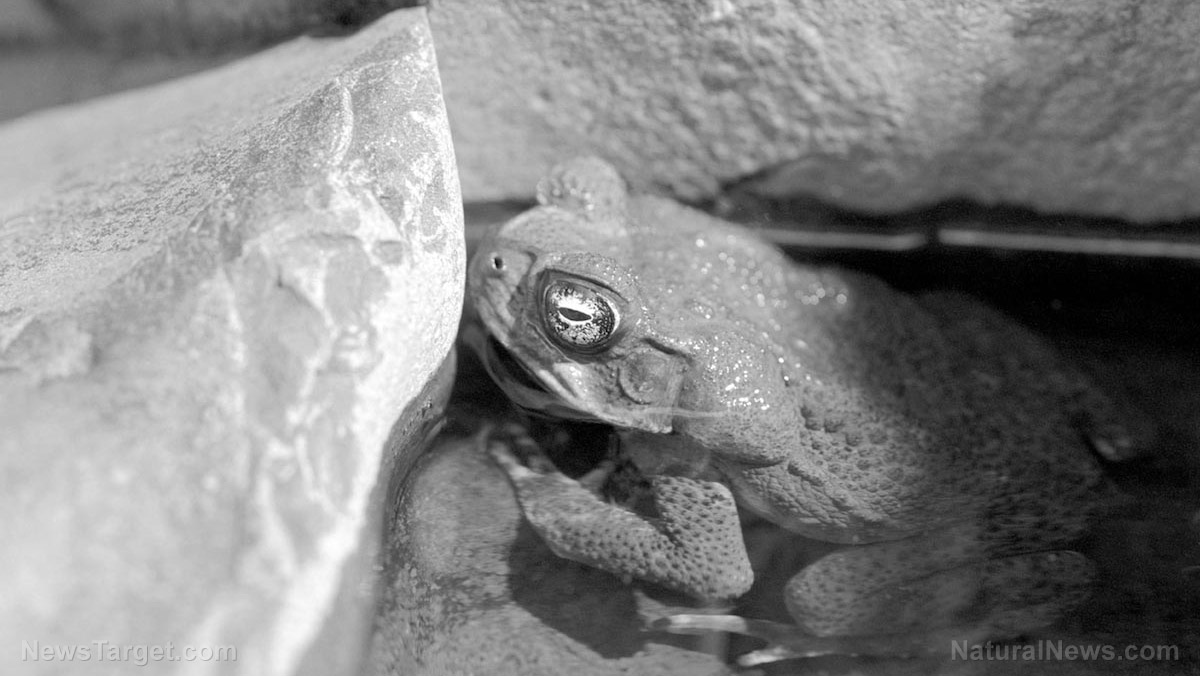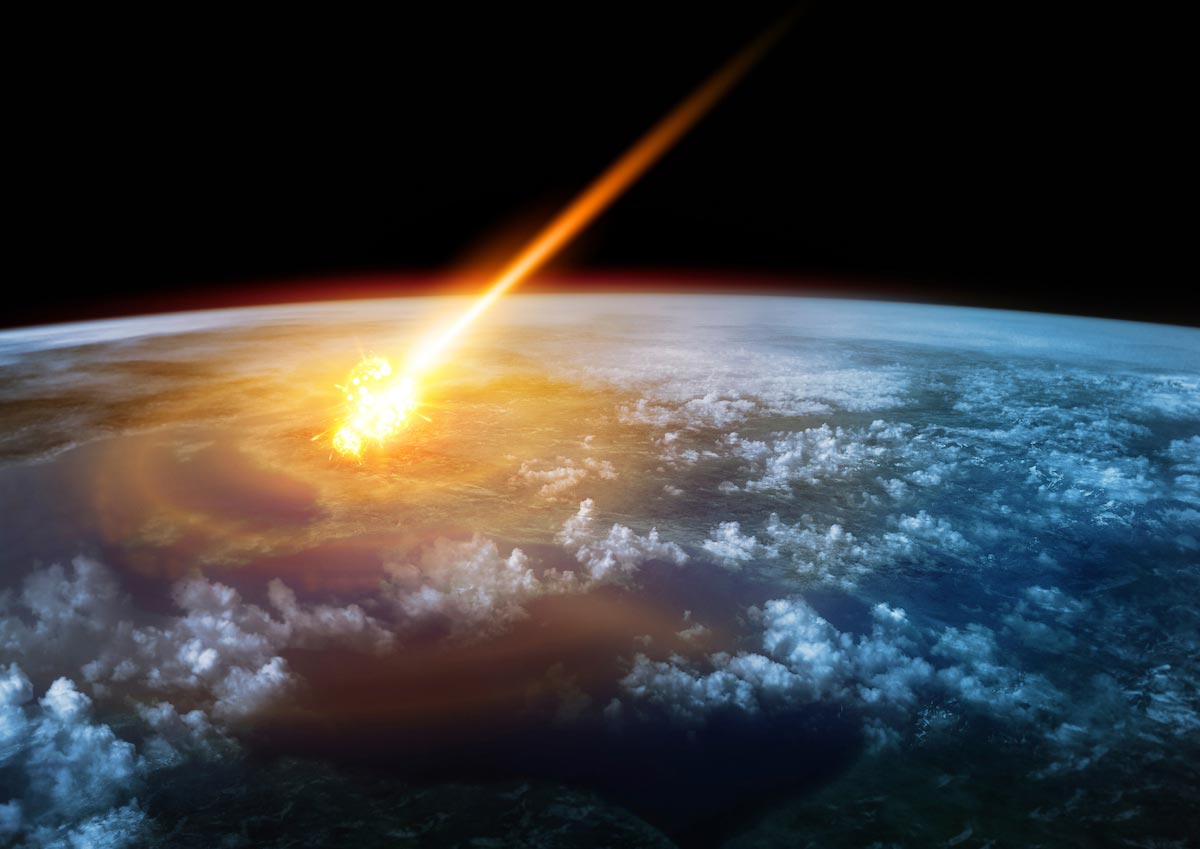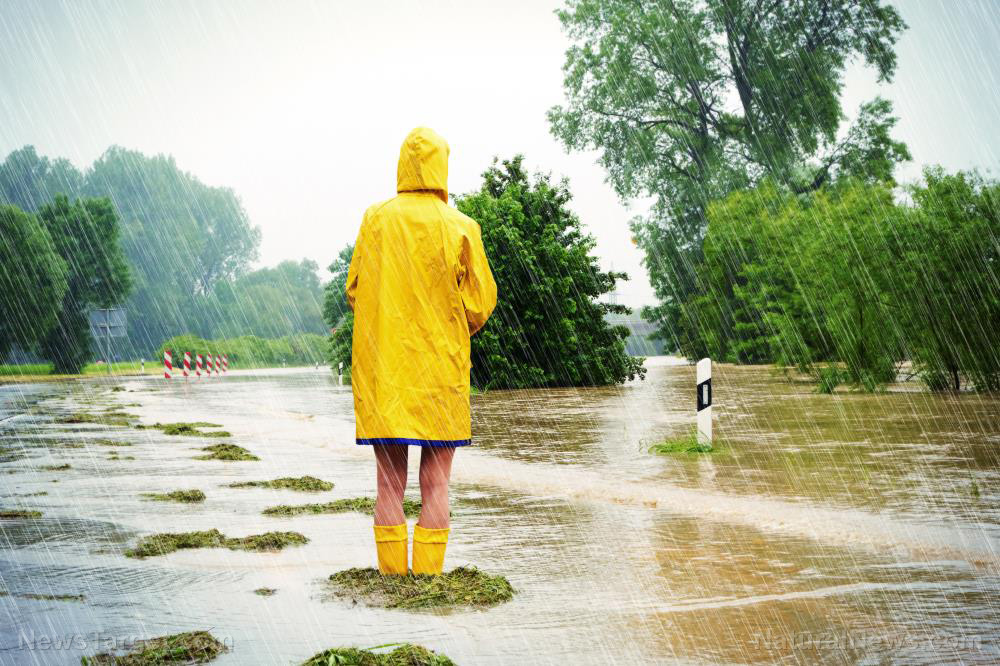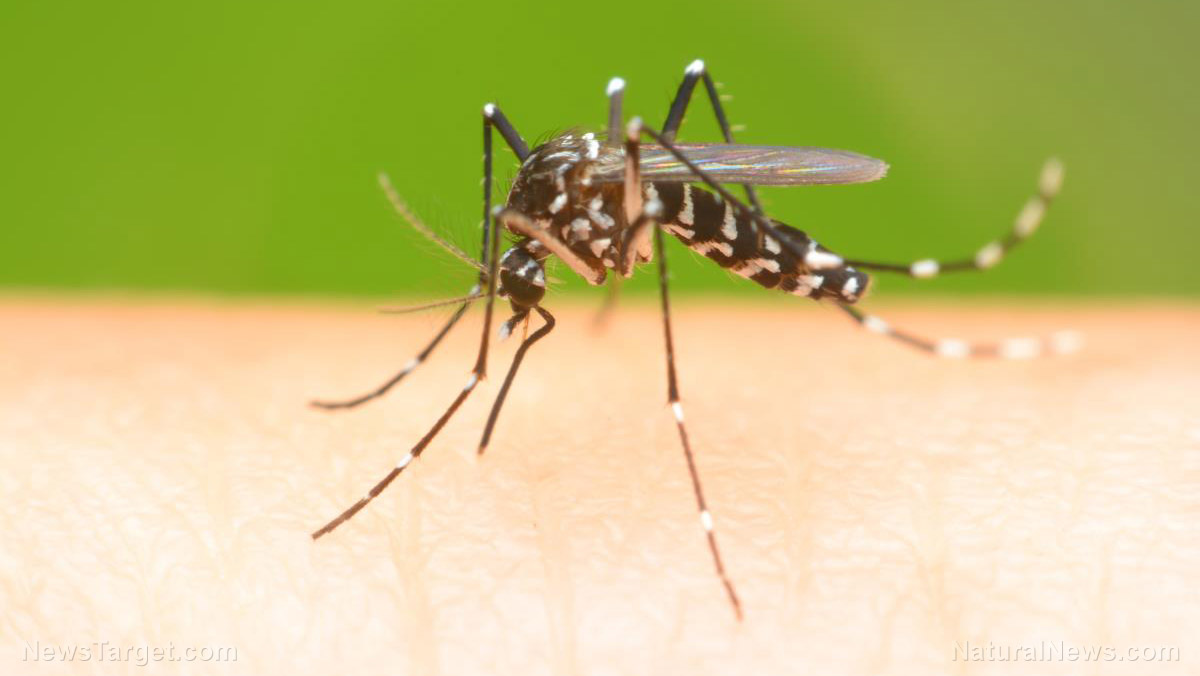World’s largest carbon tax scheme just imposed by EU; more inflation and less trade to follow
12/21/2022 / By Ethan Huff
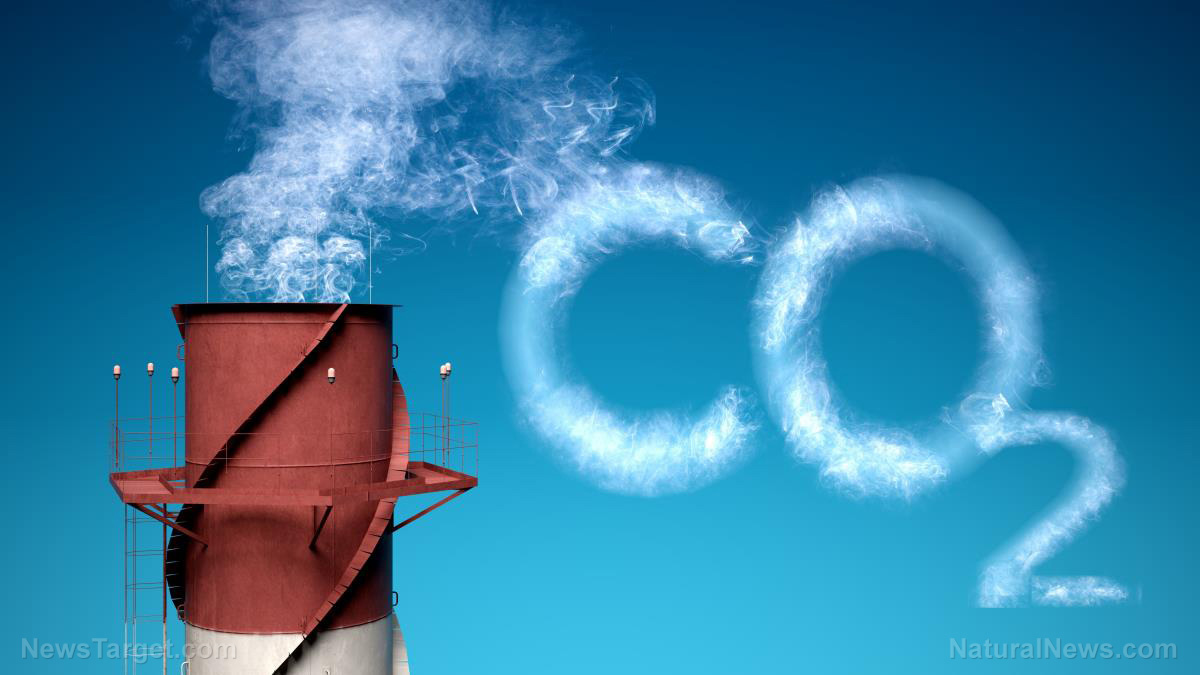
New climate rules imposed by the European Parliament to fight “carbon leakage” threaten to further impoverish the Third World by charging the world’s poorest countries extra carbon taxes for their exports.
The Carbon Border Adjustment Mechanism, or CBAM, as it is called, creates a new system of carbon tax “equalization” for European Union products operating within the Emissions Trading System (ETS) framework governing imported goods.
Companies that import into the EU will now be required to purchase so-called CBAM “certificates” to pay the difference between the carbon price paid in the country of production and the price of carbon allowances within the EU’s ETS.
“CBAM will cover iron and steel, cement, aluminum, fertilizers and electricity, as proposed by the Commission, and extended to hydrogen, indirect emissions under certain conditions, certain precursors as well as to some downstream products such as screws and bolts and similar articles of iron or steel,” reports explain.
“Before the end of the transition period, the Commission shall assess whether to extend the scope to other goods at risk of carbon leakage, including organic chemicals and polymers, with the goal to include all goods covered by the ETS by 2030.” (Related: The globalists’ goal is to completely deindustrialize [depopulate] Europe by 2050 in order to reach “carbon zero”.)
CBAM also disadvantages U.S. small businesses and manufactures that are also bound by Clean Air Act regulations
CBAM, by the way, is part of the EU’s “Fit for 55 in 2030 package,” which aims to reduce greenhouse gas emissions across the bloc by at least 55 percent by 2030 in alignment with the European Climate Law.
The result of these changes will be less global trade for one. And the result of this will be even more inflation, which is the last thing the world needs right now amid the ongoing economic crisis.
Faten Aggad, a senior adviser at the African Climate Foundation (ACF), tweeted that the African countries most exposed to this new EU scheme “are both middle-income and low-income countries.”
She added that Mozambique, which accounts for 7 percent of all EU aluminum imports, but for which EU exports amount to 25 percent of its export earnings, “may lose up to 1% of its GDP,” according to the Center for Global Development (CGD).
“#Egypt and #Algeri, which respectively represent 21 and 20% of EU fertiliser imports will also be hard hit,” Aggad further explained in another tweet.
“Algeria (6% of total EU imports), Morocco (5%) and Tunisia (3%) also export cement. South Africa will also be heavily impacted. Nigeria, Cameroon, the Congo and Ghana too.”
It is unclear if the poorest developing countries will be given any kind of waivers or exemptions from the scheme, but Aggad suspects that they will not because the EU already suggested that doing this would be incompatible with World Trade Organization (WTO) guidelines.
This is “questionable considering that similar waivers were previously secured,” Aggad said. “They also argued that a waiver would encourage the relocation of dirty industry to Africa.”
“Questionable too (due to studies as mentioned above) but arguably that will depend on policies put in countries that prevent that too (with the right incentive this can be overcome).”
The United States also faces major economic disadvantages from CBAM in its current form. Domestic small businesses and manufacturers are already bound by Clean Air Act regulatory restrictions that are not taken into account in the CBAM scheme.
“The EU’s proposal doesn’t credit the cost of domestic regulation when the border tax is applied,” reported The Wall Street Journal. “The failure to recognize the implicit costs of U.S. regulation would inevitably lead to double emission taxation on exporters.”
Fighting climate change is the globalists’ cover story for mass genocide. To learn more, visit Genocide.news.
Sources for this article include:
Submit a correction >>
Tagged Under:
big government, carbon dioxide, carbon tax, climate change, Collapse, conspiracy, deindustrialization, economy, environment, EU, finance riot, global warming, green tyranny, imports, inflation, insanity, money supply, products, supply chain
This article may contain statements that reflect the opinion of the author
RECENT NEWS & ARTICLES
COPYRIGHT © 2017 ENVIRON NEWS

